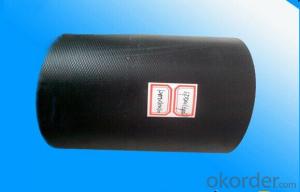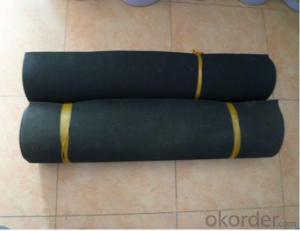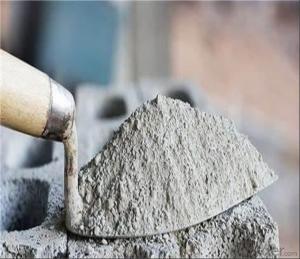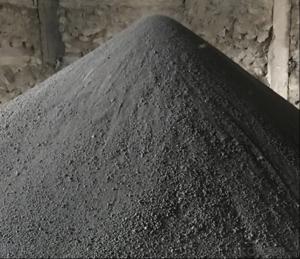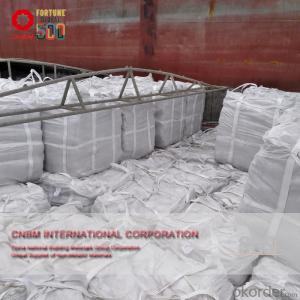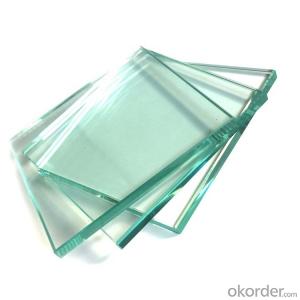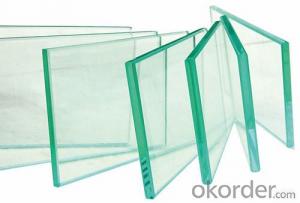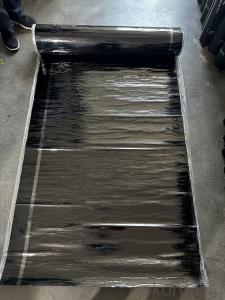EPDM Rubber Roof Waterproof Membrane with High Quality
- Loading Port:
- Qingdao
- Payment Terms:
- TT OR LC
- Min Order Qty:
- 2000 m²
- Supply Capability:
- 10000 m²/month
OKorder Service Pledge
OKorder Financial Service
You Might Also Like
Epdm Rubber Roof in Rolls Membrane
Characteristics:
Good synthesis aging resistance;ozone resistacne;ultravoilet resistance;chemical resistance;corrosion resistance.High tensile strength and good elasticity;endured the puncture-resistant and cracking resistance.
Specification:
With: 1m-4m
Length: 20m
Thickness:1.2mm;1.5mm;2mm
Packing:
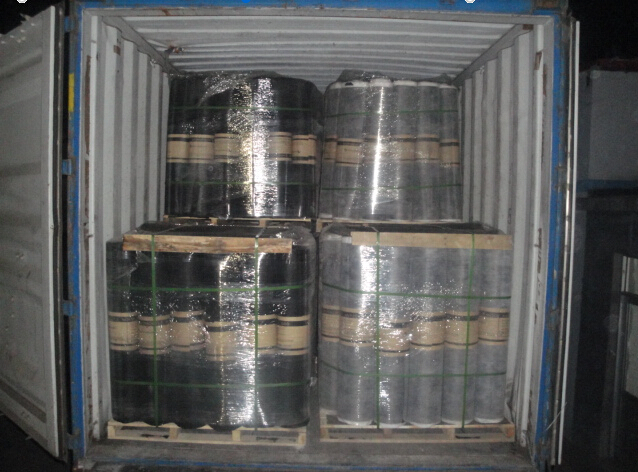
Technical Data:
Technical Capacity Index(Ref to Chinese Standard GB18173.1-2006) | ||
EPDM Rubber Waterproof Membrane | ||
No. | Item | Index |
1
|
Water tightness |
≥0.3 Mpa,No leakage
|
2 | Tensile strength | ≥7.5Mpa |
3 | Elongation at break% | ≥450 |
4 | Tearing strength,KG/m | ≥25 |
5 | Brittleness point | ≤-40 |
Application
Widely used in roofs, basement, toilet ,swimming pool, and all kinds of industry and civil building waterproofing, reservoir, vivicism, bridge, underground, tunnel and dam waterproofing ,especially to the keystone waterproofing projects which is durability, high corrosion resistance and easy deformation
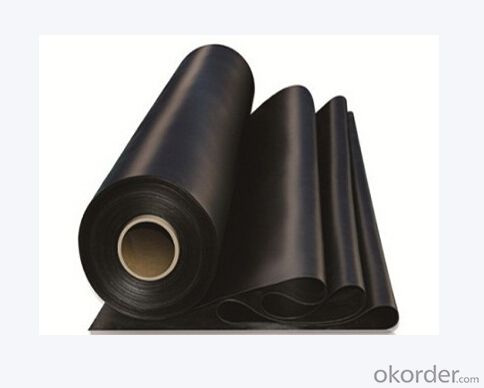
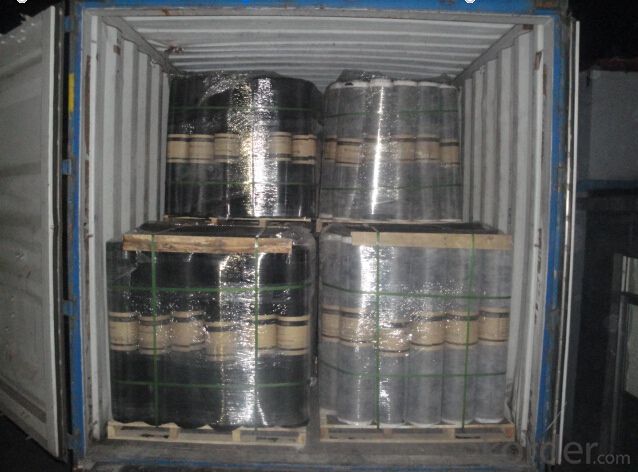
- Q:Can a waterproofing membrane be used in planters or garden beds?
- Planters or garden beds can benefit from the use of a waterproofing membrane. These membranes are typically made from moisture-resistant materials and effectively prevent water from seeping through. This is especially useful when the planter or garden bed is constructed from materials that are not naturally waterproof, like wood or concrete. By implementing a waterproofing membrane, you can safeguard against excessive water damage that can result in rotting, warping, or cracking. Moreover, the membrane can aid in retaining moisture within the planter or garden bed, creating an optimal environment for plant growth. Nevertheless, it is crucial to verify that the chosen waterproofing membrane is plant-safe and free from any harmful chemical release into the soil.
- Q:Can a waterproofing membrane be used for a fountain?
- Yes, a waterproofing membrane can be used for a fountain. Waterproofing membranes are designed to create a protective barrier against water, making them suitable for fountains to prevent leakage and maintain the structural integrity of the fountain.
- Q:Can a waterproofing membrane be used on roofs or only on vertical surfaces?
- A waterproofing membrane can be used on both roofs and vertical surfaces. It is a versatile solution that can effectively protect a variety of structures from water damage, including roofs, walls, and foundations.
- Q:Can a waterproofing membrane be used in renovation or retrofitting projects?
- Yes, a waterproofing membrane can definitely be used in renovation or retrofitting projects. This membrane is designed to create a barrier against water penetration, which is essential in protecting the building structure from moisture damage. By applying a waterproofing membrane during renovation or retrofitting, it helps prevent water infiltration, dampness, mold growth, and potential structural issues.
- Q:Can a waterproofing membrane be used for a warehouse floor?
- No, a waterproofing membrane is not typically used for a warehouse floor. Instead, materials such as epoxy or concrete sealers are commonly used for warehouse floors to provide durability and resistance to heavy loads and foot traffic.
- Q:Can waterproofing membranes be used on utility vaults?
- Yes, waterproofing membranes can be used on utility vaults. They provide an effective barrier against water intrusion, protecting the vault and its contents from moisture damage. Waterproofing membranes help to maintain the structural integrity of the vault and ensure its long-term functionality.
- Q:Can waterproofing membranes be used on concrete slabs?
- Yes, waterproofing membranes can be used on concrete slabs. These membranes are designed to provide a protective barrier against water infiltration and can effectively prevent moisture from seeping into the concrete.
- Q:Can a waterproofing membrane be used in kitchens?
- Yes, a waterproofing membrane can be used in kitchens. Waterproofing membranes are commonly used in areas prone to moisture, such as bathrooms and kitchens, to prevent water damage and leakage. They can be applied to various surfaces, including floors and walls, to create a waterproof barrier and protect against water infiltration. By using a waterproofing membrane in kitchens, one can ensure the longevity and durability of the space while preventing potential water-related issues.
- Q:Can waterproofing membranes be used on buried pipelines?
- Yes, waterproofing membranes can be used on buried pipelines. These membranes create a barrier that prevents water from infiltrating the pipeline, protecting it from corrosion and other forms of damage.
- Q:Can waterproofing membranes be used on rooftop terraces?
- Yes, waterproofing membranes can be used on rooftop terraces to protect them from water damage and ensure their longevity.
1. Manufacturer Overview |
|
|---|---|
| Location | |
| Year Established | |
| Annual Output Value | |
| Main Markets | |
| Company Certifications | |
2. Manufacturer Certificates |
|
|---|---|
| a) Certification Name | |
| Range | |
| Reference | |
| Validity Period | |
3. Manufacturer Capability |
|
|---|---|
| a)Trade Capacity | |
| Nearest Port | |
| Export Percentage | |
| No.of Employees in Trade Department | |
| Language Spoken: | |
| b)Factory Information | |
| Factory Size: | |
| No. of Production Lines | |
| Contract Manufacturing | |
| Product Price Range | |
Send your message to us
EPDM Rubber Roof Waterproof Membrane with High Quality
- Loading Port:
- Qingdao
- Payment Terms:
- TT OR LC
- Min Order Qty:
- 2000 m²
- Supply Capability:
- 10000 m²/month
OKorder Service Pledge
OKorder Financial Service
Similar products
New products
Hot products
Related keywords
